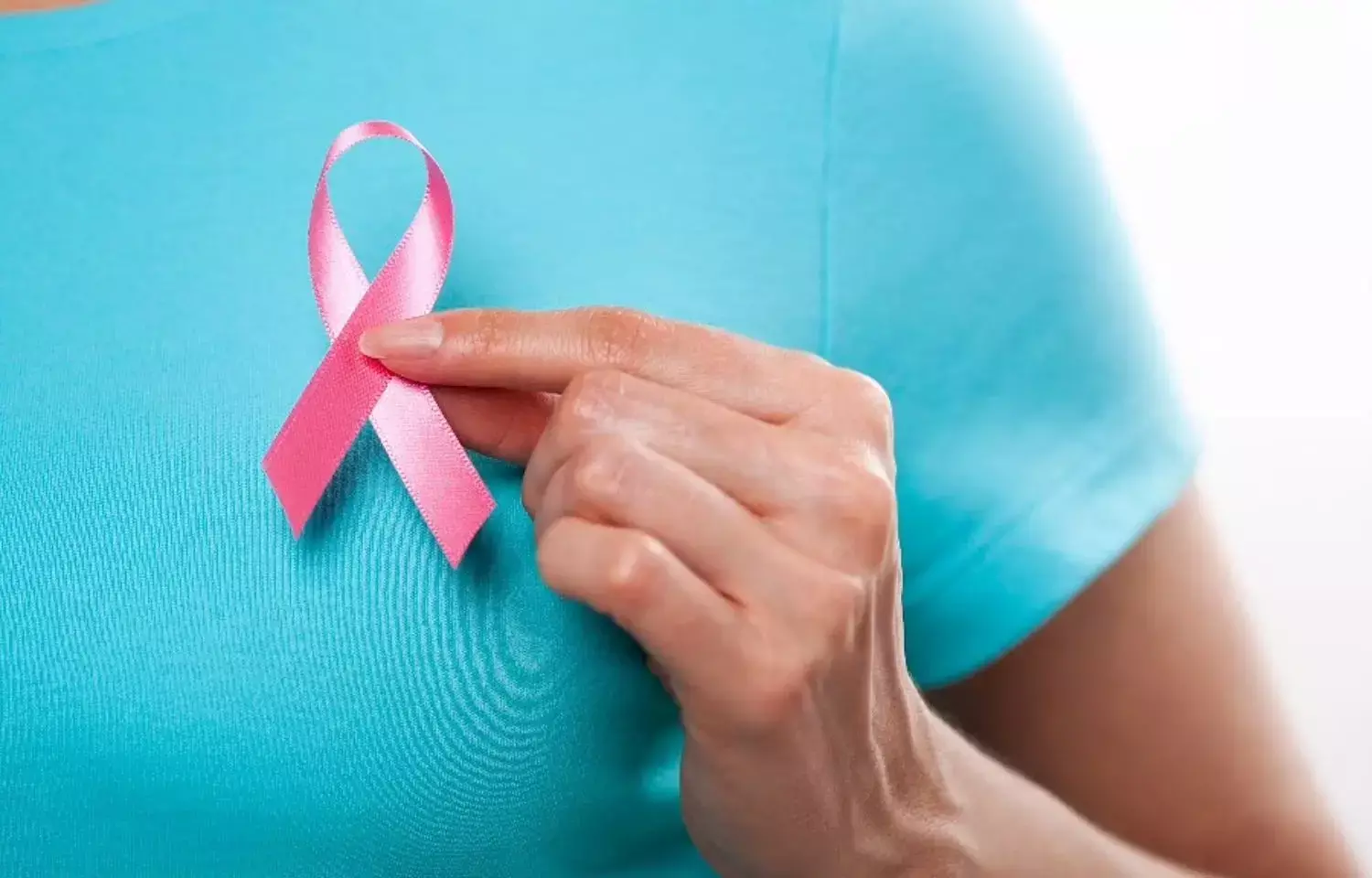- Home
- Medical news & Guidelines
- Anesthesiology
- Cardiology and CTVS
- Critical Care
- Dentistry
- Dermatology
- Diabetes and Endocrinology
- ENT
- Gastroenterology
- Medicine
- Nephrology
- Neurology
- Obstretics-Gynaecology
- Oncology
- Ophthalmology
- Orthopaedics
- Pediatrics-Neonatology
- Psychiatry
- Pulmonology
- Radiology
- Surgery
- Urology
- Laboratory Medicine
- Diet
- Nursing
- Paramedical
- Physiotherapy
- Health news
- Fact Check
- Bone Health Fact Check
- Brain Health Fact Check
- Cancer Related Fact Check
- Child Care Fact Check
- Dental and oral health fact check
- Diabetes and metabolic health fact check
- Diet and Nutrition Fact Check
- Eye and ENT Care Fact Check
- Fitness fact check
- Gut health fact check
- Heart health fact check
- Kidney health fact check
- Medical education fact check
- Men's health fact check
- Respiratory fact check
- Skin and hair care fact check
- Vaccine and Immunization fact check
- Women's health fact check
- AYUSH
- State News
- Andaman and Nicobar Islands
- Andhra Pradesh
- Arunachal Pradesh
- Assam
- Bihar
- Chandigarh
- Chattisgarh
- Dadra and Nagar Haveli
- Daman and Diu
- Delhi
- Goa
- Gujarat
- Haryana
- Himachal Pradesh
- Jammu & Kashmir
- Jharkhand
- Karnataka
- Kerala
- Ladakh
- Lakshadweep
- Madhya Pradesh
- Maharashtra
- Manipur
- Meghalaya
- Mizoram
- Nagaland
- Odisha
- Puducherry
- Punjab
- Rajasthan
- Sikkim
- Tamil Nadu
- Telangana
- Tripura
- Uttar Pradesh
- Uttrakhand
- West Bengal
- Medical Education
- Industry
Percutaneous cryoneurolysis enhances pain control in mastectomy patients: Study

After a mastectomy, ultrasound-guided percutaneous cryoneurolysis significantly enhanced pain relief without causing any problems or systemic adverse effects, says an article published in Anesthesiology Journal.
Untested in randomized, controlled trials, ultrasound-guided percutaneous cryoneurolysis is an analgesic treatment in which a percutaneous probe is used to reversibly destroy one or more peripheral nerves at an extremely low temperature. It can be challenging to manage pain following a mastectomy, therefore Brian Ilfeld and colleagues hypothesized that, patients receiving cryoanalgesia on postoperative day 2 would experience less severe surgically associated pain compared to patients getting just standard-of-care therapy.
Participants at one enrolling facility underwent paravertebral nerve blocks at T3 or T4 and a perineural catheter as part of their preoperative care. In a second randomized, patient- and observer-masked operation, participants had active or sham ultrasound-guided percutaneous cryoneurolysis of the ipsilateral T2 through T5 intercostal nerves. Up to the early morning of discharge, all participants had a continuous paravertebral block with ropivacaine, 0.2%. (usually postoperative day 2). On the afternoon of the second postoperative day, the average pain level was assessed using a 0–10 numeric rating scale. For a year, participants were monitored.
The key findings of this study were:
1. On the second postoperative day, patients who had undergone active cryoneurolysis (n = 31) had a median [interquartile range] pain score of 0 [0 to 1.4] as opposed to 3.0 [2.0 to 5.0] in those who had received sham (n = 29): a difference of -2.5, P 0.001.
2. Through month 12, there was evidence of greater analgesia.
3. Cryoneurolysis reduced overall opioid consumption within the first three weeks by 98%, with the active group consuming 1.5 [0 to 14] mg of oxycodone as opposed to 72 [20 to 120] mg in the sham group (P 0.001).
4. Between months one and twelve, none of the patients required oral analgesics.
5. After a year, 1 (3%) of the active individuals reported chronic pain, compared to 5 (17%) of the sham participants (P 0.001).
In conclusion, after unilateral and bilateral mastectomy, percutaneous cryoneurolysis significantly increased analgesia, decreased the need for opioids, and did so without causing any systemic problems or adverse effects. These findings recommend protocol improvements and support the viability of a bigger study in the future.
Reference:
Ilfeld, B. M., Finneran, J. J., IV, Swisher, M. W., Said, E. T., Gabriel, R. A., Sztain, J. F., Khatibi, B., Armani, A., Trescot, A., Donohue, M. C., Schaar, A., & Wallace, A. M. (2022). Preoperative Ultrasound-guided Percutaneous Cryoneurolysis for the Treatment of Pain after Mastectomy: A Randomized, Participant- and Observer-masked, Sham-controlled Study. In Anesthesiology (Vol. 137, Issue 5, pp. 529–542). Ovid Technologies (Wolters Kluwer Health). https://doi.org/10.1097/aln.0000000000004334
Neuroscience Masters graduate
Jacinthlyn Sylvia, a Neuroscience Master's graduate from Chennai has worked extensively in deciphering the neurobiology of cognition and motor control in aging. She also has spread-out exposure to Neurosurgery from her Bachelor’s. She is currently involved in active Neuro-Oncology research. She is an upcoming neuroscientist with a fiery passion for writing. Her news cover at Medical Dialogues feature recent discoveries and updates from the healthcare and biomedical research fields. She can be reached at editorial@medicaldialogues.in
Dr Kamal Kant Kohli-MBBS, DTCD- a chest specialist with more than 30 years of practice and a flair for writing clinical articles, Dr Kamal Kant Kohli joined Medical Dialogues as a Chief Editor of Medical News. Besides writing articles, as an editor, he proofreads and verifies all the medical content published on Medical Dialogues including those coming from journals, studies,medical conferences,guidelines etc. Email: drkohli@medicaldialogues.in. Contact no. 011-43720751


